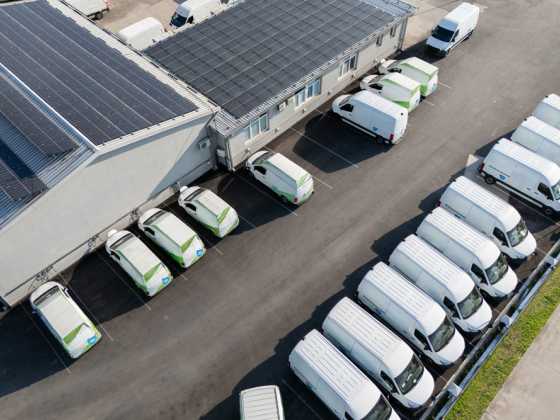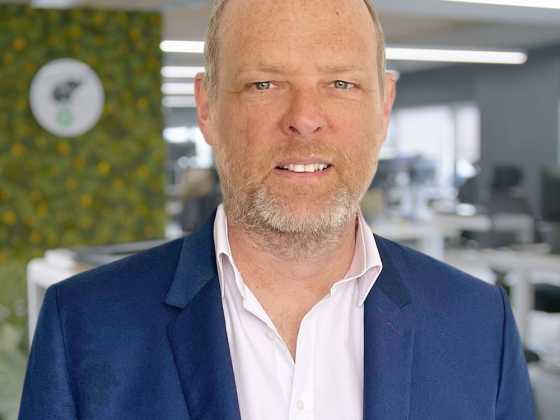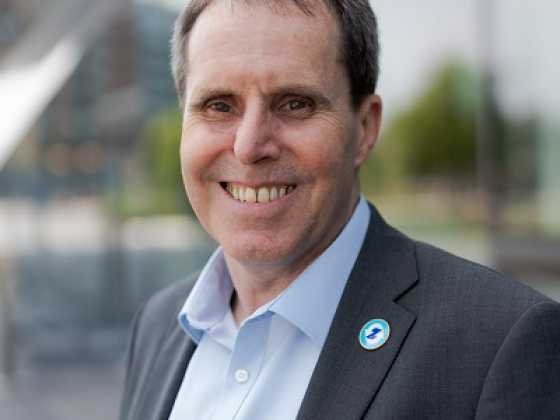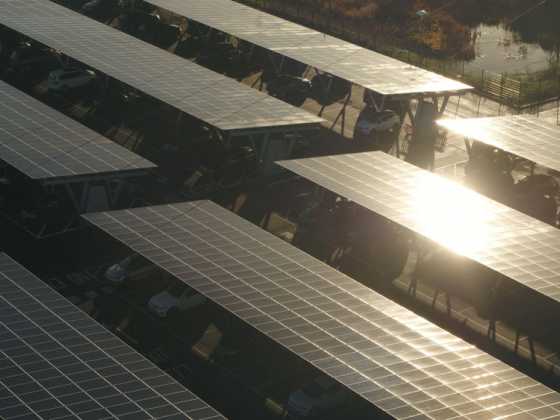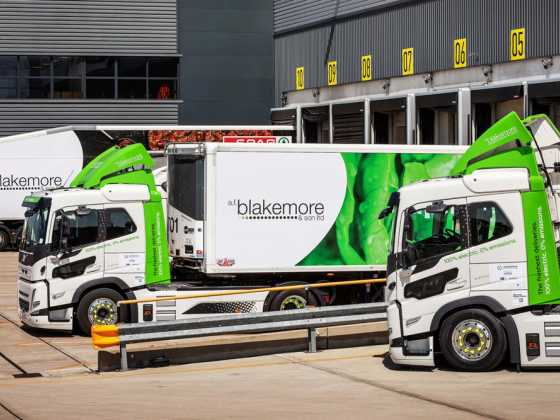The race to a national electric van fleet
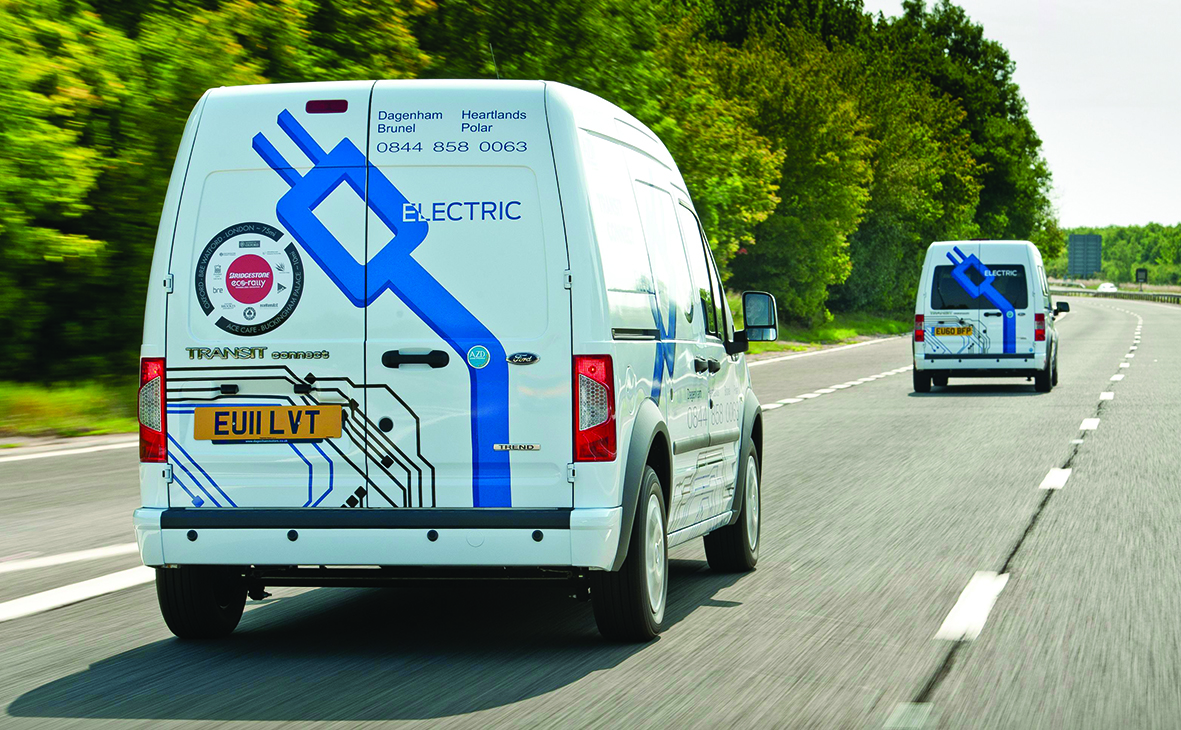
Ninety-six per cent of vans on our roads are diesel-fuelled, making them a major source of air pollution. The Clean Van Commitment is a public pledge by fleets to switch to zero tailpipe emission vans in cities by 2028. Martyn Lowder from Global Action Plan shares the scheme’s latest developments
From electric hearses to bin lorries, everyone is getting in on the EV act. In March this year, for the first time ever, electric cars outsold gas and diesel vehicles in some parts of Europe. In Oslo, three out of four cars sold in the city were EVs.
It isn’t just individuals and their cars that are making the switch. Closer to home, the government-backed Clean Van Commitment continues to gather momentum, with 29 signatories showing that the demand for electric vans is real.
This comes as more people are asking businesses and decision-makers to stand up and take notice of climate change and air pollution.
Vans are the fastest-growing vehicle on our roads, covering a whopping 75.5 billion km a year.
Ninety-six per cent of these vans are diesel-fuelled, making them a major source of air pollution, with worrying long-term health effects to boot. The annual health cost to the NHS and wider society from older diesel vans is £2.2 billion. New research by Direct Line for Business has revealed that the number of vans on Britain’s roads is at its highest in the past 25 years.
A public pledge
The Clean Van Commitment (CVC) is an initiative from environment charity Global Action Plan. It’s a public pledge by fleets to switch to zero tailpipe emission vans, in cities, by 2028. Some of the largest fleet operators – including Network Rail, Tesco, Arval, Mitie, Siemens and the British Heart Foundation – are among the latest signatories.
When we launched in 2018, we had big ambitions of transitioning the UK’s four million vans. Even so, the response has been far bigger than we thought it would be. The initiative caught the imagination of the UK government and is now funded by the Office for Low Emission Vehicles (OLEV) and Clean Van Commitment partner ENGIE.
Jamie Quinn, corporate responsibility and environment director at ENGIE, says: “I believe this is the right direction of travel for ENGIE and the wider business world. The transition away from fossil fuel-based combustion engines to EVs and alternative fuels delivers major social, environmental and financial benefits.”
As the second phase kicks-off we are up to 29 signatories that are pledging between them over 65,000 vans to be zero emission by 2028.
The variety and size of organisations has shown that it isn’t just big business and the largest fleets that want to play their part. A surprising outcome has been the enthusiasm of smaller, local fleets and their commitment to protecting the health of their communities.
Meanwhile the individuals behind each of our signatories aren’t content with simply signing up, but are proactively recruiting and growing the network.
By joining the Clean Van Commitment signatories get the chance to join exclusive OLEV national electric van policy workshops throughout 2019 and be announced as a signatory in industry press. Participants also
receive a communications pack to share their leadership with their customers and can compare notes with other van fleets trialling electric vans and charging technologies.
The call for collaboration
The environmental movement has often been criticised for the way it communicates important issues, demanding change from a few big businesses who are part of a system not designed to consider air quality, water quality, resource shortage or climate change.
But in 2019 the situation is different. The problems the global society face today are sufficiently large and distributed that no political or commercial institution can take them on alone.
The call for transparency and collaboration is everywhere. “Tell the truth and provide solutions” is a phrase you would have heard from Extinction Rebellion crowds at Marble Arch in London in recent weeks.
The Extinction Rebellion protestors, the Climate Youth strikes and what’s become known as the Attenborough Effect, shows that what was once bubbling under the surface – hidden in social media and expressed only by those most passionate – is now everywhere to be seen. People want change. People want a safer climate and clean air. And one part of this is electric, not diesel, vans on our streets.
The transition to zero emission vans needs cooperation between fleet operators, manufacturers, the energy industry and government to provide the necessary policies and infrastructure. When fleet operators declare their intent to switch to EVs, it shows there is market demand. Manufacturers and energy providers get more clarity, which then helps accelerate the transition to electrifying the UK’s four million vans.
Government has its part to play too. Roads Minister, Jesse Norman, says: “The government’s Road to Zero strategy outlines its intention to lead the world in the design and manufacturing of zero emission vehicles – delivering significant environmental, health and economic benefits.”
He adds: “[Global Action Plan’s] research further highlights the very serious potential impacts of nitrous dioxide pollution, and underlines the importance of the transition to greener transport.”
The future
So what’s next for the Clean Van Commitment? September 2019 will mark its first anniversary and with 65,000 vehicles signed up so far, the scheme has already exceeded our expectations. Even so, it’s still only a small proportion of the UK’s total van fleet that have made the pledge. The political climate is right for a massive expansion of zero emission vehicles and the planet won’t forgive us if we drop the ball. Four million EV vans on our roads? Bring it on.
The Clean Van is free to join and the sign-up process is light on paperwork. Get in touch at cleanerair@globalactionplan.org.uk or call 0207 420 4444 (ask for the Clean Van Commitment team)

